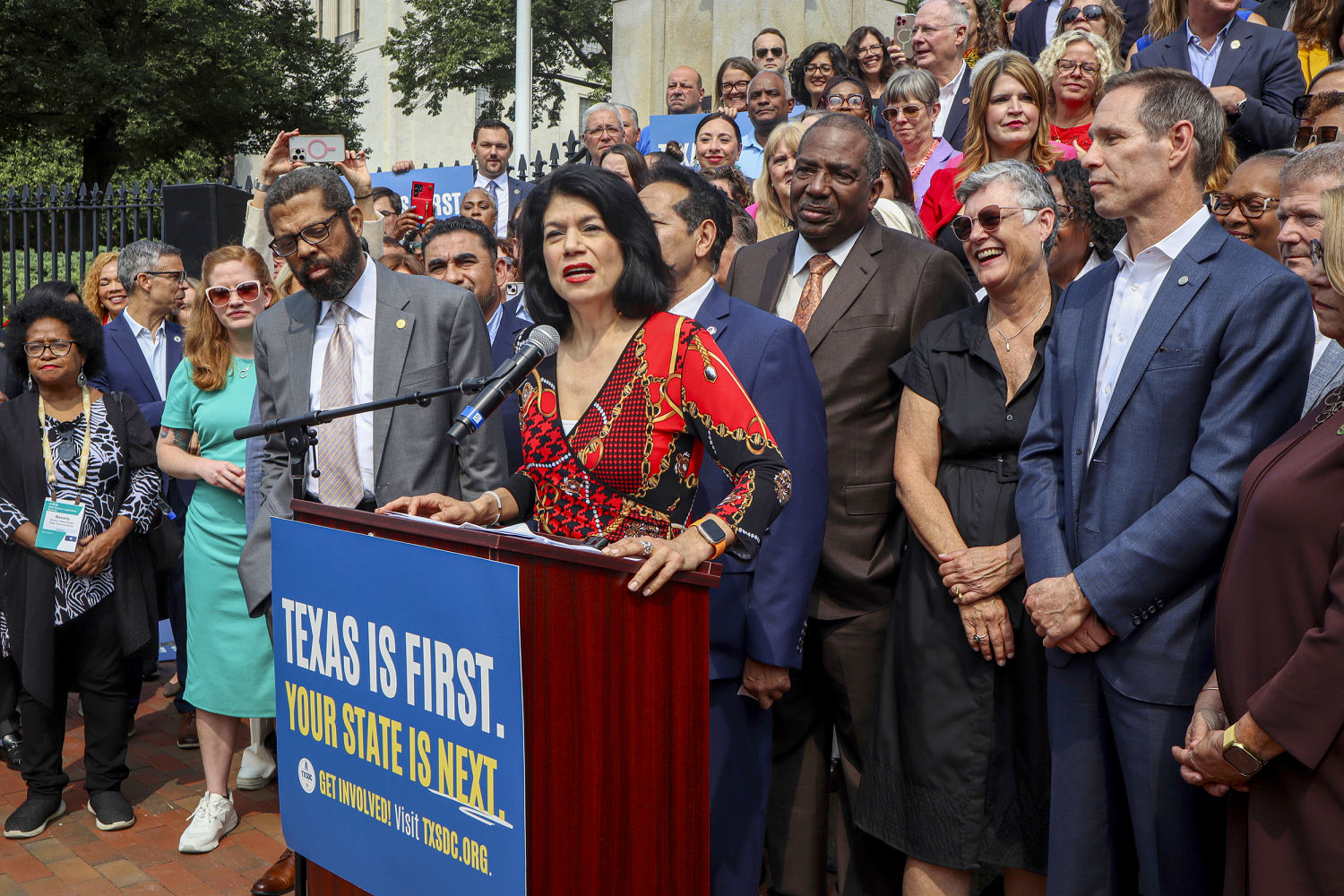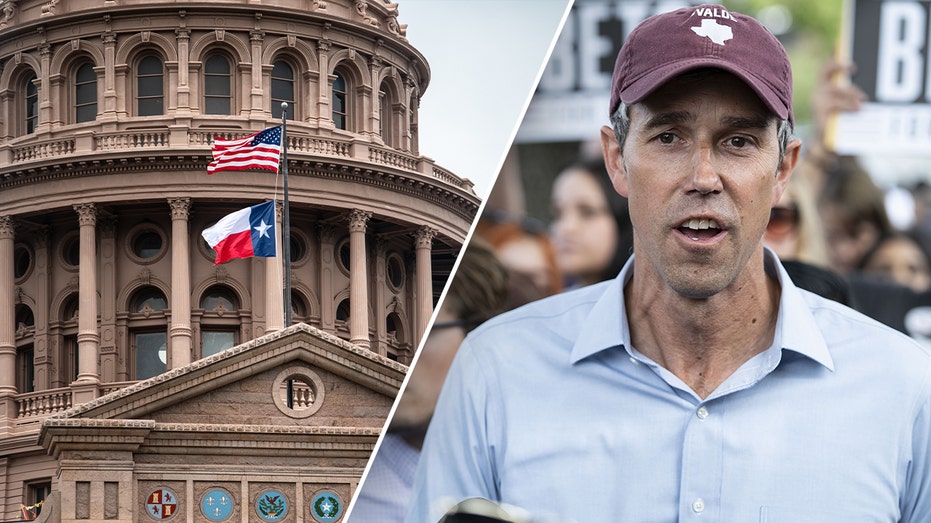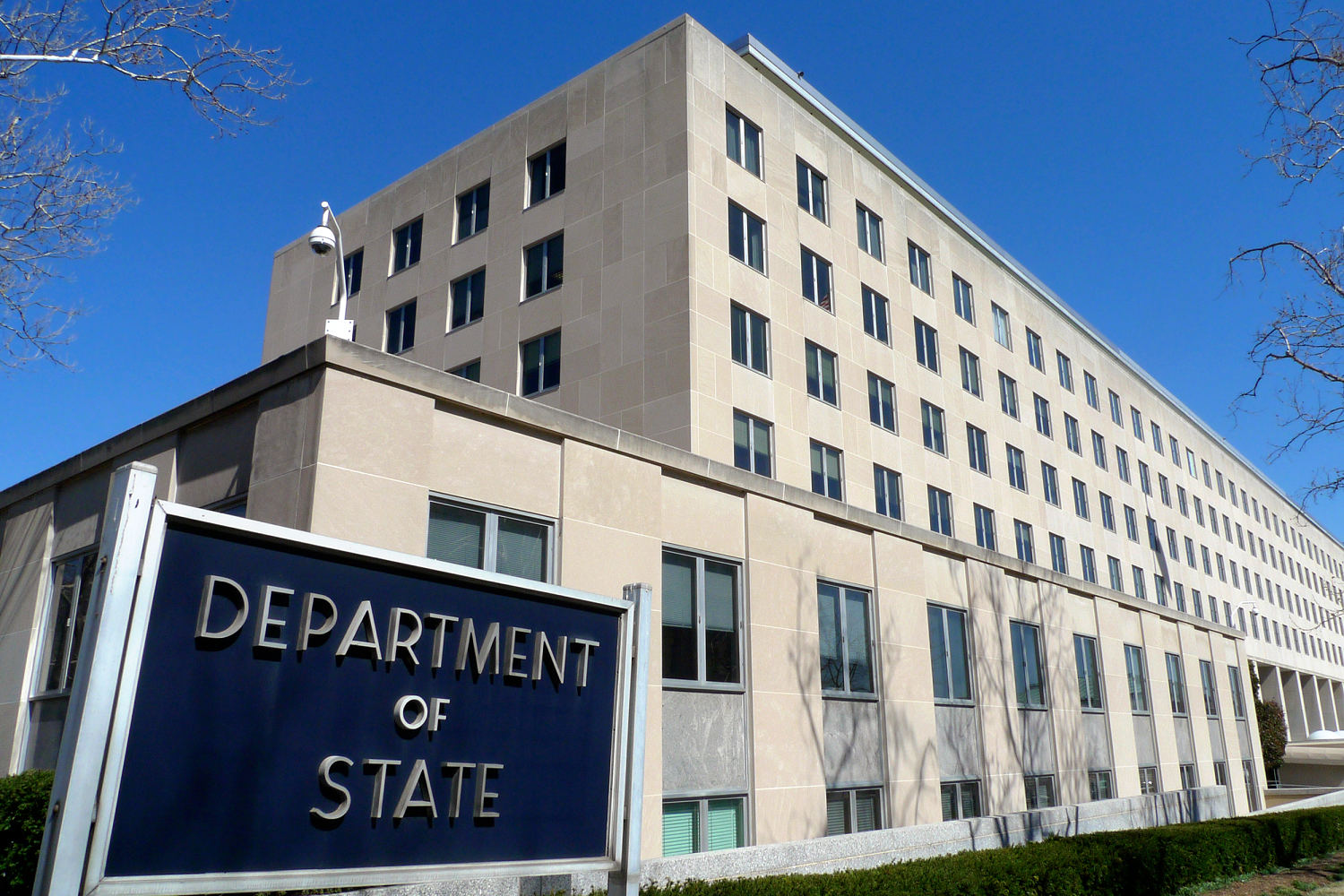A judge appeared skeptical on Wednesday of the Department of Justice's arguments related to an unusual lawsuit the Trump administration brought against all 15 district court judges in Maryland challenging a court order.
Judge Thomas Cullen of the Western District of Virginia questioned the DOJ over the lawsuit, which alleges that the Maryland district court overstepped its authority by imposing a standing order that automatically pauses deportation cases for two days when they are first filed.
Cullen, a Trump appointee, told DOJ attorneys early on in the hearing he was wary of their position.
"One of the things about me is that I don’t have a very good poker face, and you probably picked up on the fact that I have some skepticism," Cullen said.
TRUMP DHS SUES ENTIRE BENCH OF FEDERAL JUDGES IN MARYLAND DISTRICT COURT OVER AUTOMATIC INJUNCTIONS
The Virginia federal judge is presiding over the case in Baltimore because the Maryland judges recused themselves. Cullen said he would issue a decision by Labor Day on whether he would block the standing order.
DOJ attorney Elizabeth Hedges argued during the hearing that the Maryland court's order had the effect of "tampering with the [U.S.] attorney general’s discretion" over immigration enforcement matters.
The order requires clerks to immediately enter administrative injunctions that last two business days in cases brought by alleged illegal immigrants who are challenging their detentions or removals. The injunctions have the effect of temporarily barring the Department of Homeland Security from deporting or changing the legal status of an immigrant until a judge has time to review the case.
Hedges argued that the judges automatically enter the orders in these cases even if the court lacks jurisdiction in some of them.
The lawsuit, brought in June, comes as the Trump administration has taken an aggressive public posture against individual federal judges who have blocked enforcement of many of the president's executive actions, including in areas of immigration, education and federal agency cuts.
President Donald Trump has complained his agenda has been hamstrung and has called for the impeachment of certain judges whose orders he disagrees with. But the Supreme Court has, in many cases, overrode judges and allowed Trump to temporarily implement his executive actions while the lawsuits proceed in the lower courts.
Attorney Paul Clement, arguing on behalf of the Maryland judges, said during the hearing that there were "less confrontational" alternatives to resolving differences with the courts than suing every member of a district court.
Clement, a renowned conservative lawyer who served as former President George Bush's solicitor general, defended the standing order, calling it a "modest effort to preserve the judiciary's ability to perform its constitutionally assigned role."
'LAWLESS AND INSANE': TRUMP ADMIN READIES FOR FIGHT AFTER JUDGES BLOCK ABREGO GARCIA REMOVAL FOR NOW
Chief Judge George Russell of Maryland said he issued the standing order as a scheduling convenience to make sure the "status quo" is preserved when a deportation case is filed. He cited a "recent influx" of cases involving detained immigrants that were being filed after normal court hours, including on weekends and holidays.
The lawsuit represents a test of the independence of the judiciary branch. Clement said it was "fundamentally incompatible" with the separation of powers.
"We just don’t have a tradition of suits that are executive versus judiciary, executive versus Congress, Congress versus the executive," Clement said, adding that "we don’t really expect one branch to sue another to try to vindicate its institutional interests."
The lawsuit also comes as Trump's mass deportation agenda has encountered some roadblocks as immigrants raise court challenges and appeals to their removals.
Perhaps the most prominent instance of this occurred in Maryland, where Judge Paula Xinis, now one of the 15 defendants in the lawsuit against the judges, ordered the government to return Salvadoran national Kilmar Abrego Garcia to the U.S. after the Trump administration admitted to the court it mistakenly deported him to a prison in El Salvador.
Abrego Garcia has since been returned and is facing criminal charges of transporting illegal immigrants. He has pleaded not guilty.
.png)
 2 hours ago
1
2 hours ago
1













 English (US)
English (US)